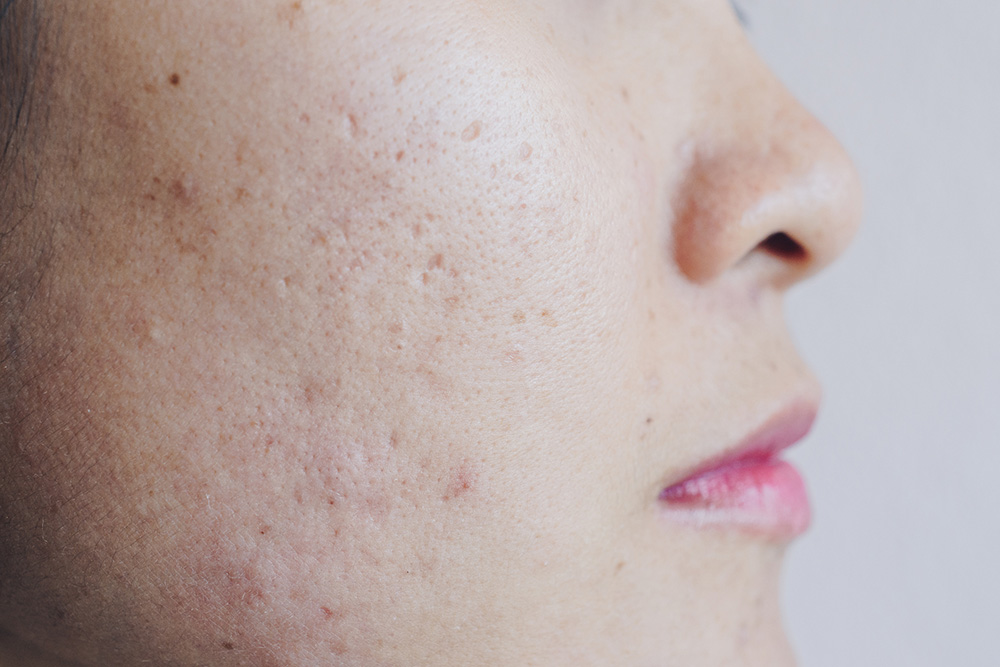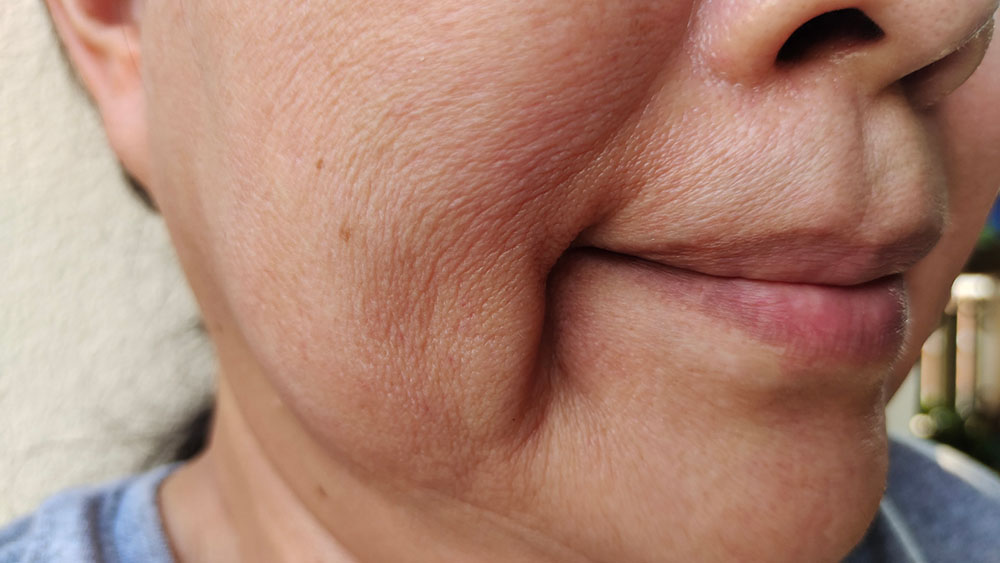Do you find yourself sweating for no reason? Are you constantly worried about sweat stains on your clothes? Do you have excessive sweating in your underarms, palms, groin, or feet?
If so, you’re not alone.
You might have hyperhidrosis, a condition that causes excessive sweating. This condition affects about 7.8 million Americans and usually begins during adolescence.
Most patients have primary focal idiopathic hyperhidrosis, where the cause is unknown. Sweat is usually concentrated on places like hands, underarms, and feet. There’s no medical cause for this form of hyperhidrosis, but it is hereditary.
In rarer cases, the patient might have secondary hyperhidrosis. This often comes from underlying conditions such as obesity or menopause.
How do you know if you have hyperhidrosis? Consider these common symptoms:
Hyperhidrosis Symptoms
The main sign of hyperhidrosis is sweating without any clear cause, such as exercise or heat. Episodes occur at least weekly and may disrupt normal social activities.
Some common hyperhidrosis symptoms include:
- Clammy or wet areas such as hands, feet, underarms, and groin;
- Excessive sweating without clear causes; and
- Sweat soaking through clothes.
If left untreated, hyperhidrosis can cause some serious physical complications. Excessive sweating often irritates the skin and makes you more prone to infections.
Bacteria usually collects around hair follicles and nails. Fungal infections such as athlete’s foot are also common.
You might experience heat rashes — red and itchy surfaces on the skin. Heat rashes occur when sweat glands get blocked and trap perspiration under the skin. You can treat them with calamine lotion, cold water, or ice packs.
It also puts you more at risk of skin conditions such as warts caused by HPV and may worsen eczema conditions.
Additionally, hyperhidrosis has many social and psychological downsides. You might become self-conscious about your sweating and withdraw from social situations. Many patients worry about their body odor or clothing stains.
Living with hyperhidrosis can cause conditions like stress, depression, and anxiety. Due to isolation and shame, patients feel too embarrassed to socialize. Many don’t know that an underlying issue is causing their excessive sweating.
When to Call a Doctor
It can be difficult to tell how much sweating is “too much” as the judge is up to the patient. Yet, hyperhidrosis can make many everyday activities more difficult. You should consider seeing a doctor if any of these happen to you:
- Difficulty writing or typing due to excessive sweating on hands;
- Avoiding shaking hands;
- Self-consciousness about your body odor;
- Always changing sweaty clothes; and
- Nervous about meeting up with people due to fears of sweating.
One-third of focal hyperhidrosis patients say that their condition interferes with their daily social lives.
You may want to wear moisture-wicking clothes, which pull sweat away from the skin. Traditional cotton or nylon clothes often absorb sweat and stick to the skin, which can cause irritation and acne.
If you suffer from sweaty feet, consider wearing sandals or breathable shoes.
Yet, proper clothing only mitigates the problem. You should consider getting treatment if you want a permanent solution.
On average, patients have hyperhidrosis for nine years before seeking treatment. There’s no need to suffer for so long with so many available solutions.
Common Hyperhidrosis Treatments
If you or a loved one are suffering from these conditions, you may want to seek one of these hyperhidrosis treatments:
- Antiperspirant: Antiperspirants plug up your sweat glands with chemicals like aluminum chloride. Deodorant is a common kind of antiperspirant but won’t be as effective as a prescribed one.
- Iontophoresis: This unusual treatment involves the patient sticking their hands and feet in a bowl of water. Then, the administrator passes a harmless electric current through the bowl. This method will temporarily block sweat glands after two to four 20-30 minute treatments.
- Botox Injections: Botox injections help block the nerves that stimulate sweat glands. You’ll likely need several injections before you see results.
- Anticholinergic Drugs: These drugs help suppress your body’s acetylcholine, the chemical which affects sweat glands. You’ll notice effects after two weeks. But beware of side effects like dizziness and constipation.
- ETS (Endoscopic thoracic sympathectomy): ETC is a type of surgery that cuts the nerves that communicate with sweat glands. Don’t use this treatment for the feet because of the risk of permanent sexual dysfunction. ETC is a last-resort treatment for severe cases where other options haven’t worked.
- Laser Treatment: This method targets body structures without damaging tissue. It destroys sweat glands without many side effects. Laser treatment is safe and permanent, making it the most effective solution.
Should You Consider Laser Treatment for Hyperhidrosis?
Laser treatments can pass through the skin and remove sweat glands. They make micro-incisions so small that they don’t even need stitches. Plus, laser surgery is often quick and takes place in under an hour. You can usually resume work or other daily activities with no problem.
Two studies followed 33 hyperhidrosis patients suffering from excessive sweating underarms for six months. The patients had some mild bruises or discomfort, which disappeared after two weeks. After six months, researchers found that the patients sweat 78% less than before. This is a permanent solution that destroys sweat glands once and for all.
We here at Dermablue specialize in safe and effective laser treatments for all sorts of skin conditions, especially hyperhidrosis. We can assure you that your hyperhidrosis will be a thing of the past.
Don’t let this condition keep affecting your life. Contact us today and find out how we can help.





